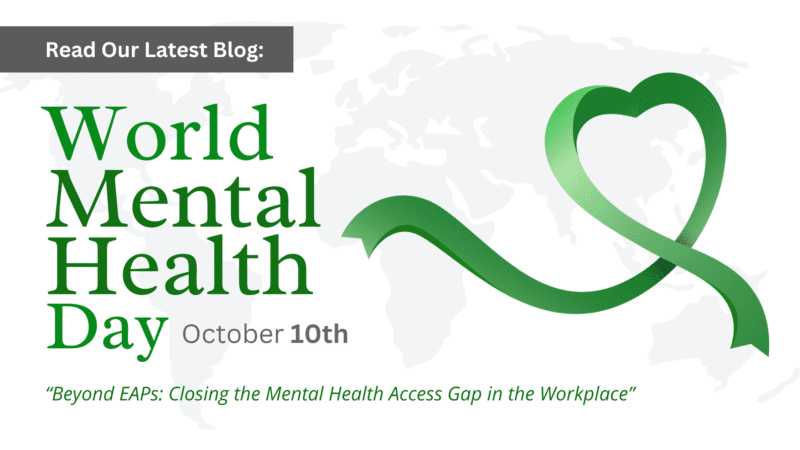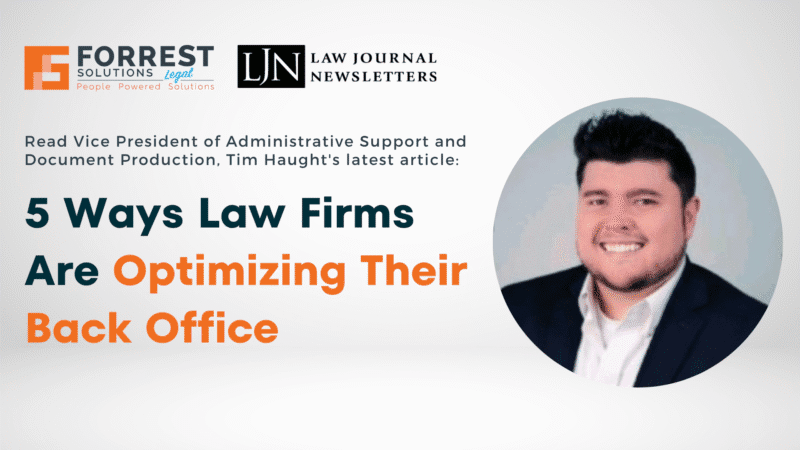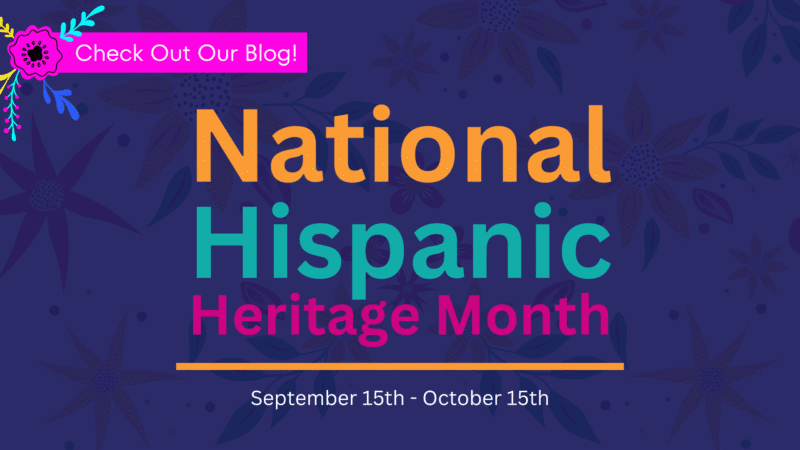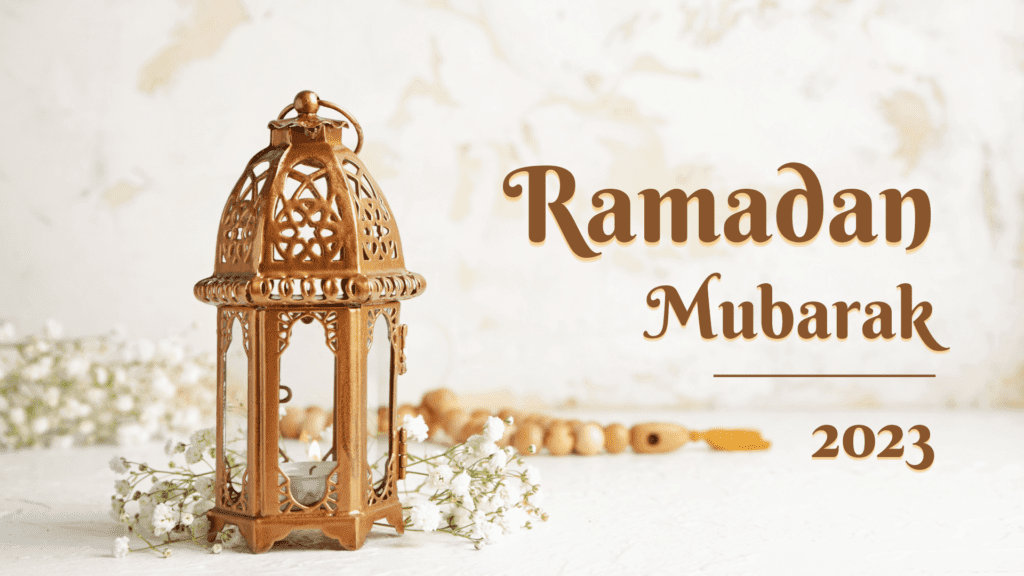
Today is the start of Ramadan! Ramadan is considered one of the holiest months of the year for Muslims, in which Muslims commemorate the revelation of the Qur’an, and strict fasting is observed from sunrise to sunset. It is meant to draw those closer to God and cultivate self-control, gratitude, and compassion for those less fortunate.
Ramadan is a month of intense spiritual rejuvenation with a heightened focus on devotion, during which Muslims spend extra time reading the Qur’an and performing special prayers. The end of Ramadan is celebrated with a feast, Eid al-Fitr, that celebrates the breaking of the fast. Gifts are exchanged and friends and families gather for festive meals.
DID YOU KNOW?
- The world’s primary religions fall into two categories:
- Abrahamic religions. This includes Christianity, Judaism, and Islam.
- Indian religions. This includes Hinduism, Buddhism, Sikhism, and others.
- Of the world’s major religions, Christianity is the largest, with more than two billion followers.
- The second most widely practiced religion is Islam. It has an estimated 1.8 billion followers worldwide. It started in Mecca (a city in modern-day Saudi Arabia) in the 7th century CE and was spread by the Prophet Muhammad (570–632 CE), who followers of Islam believe to be God’s ultimate prophet.
- Islam states that the teachings of God, who is known as Allah, were written down in a holy book known as the Qurʾān, which is the faith’s spiritual text.
- Most Muslims belong to one of the two major branches of Islam:
- The Sunnis, which includes approximately 80 percent of Muslims.
- The Shiʿah, which includes approximately 15 percent.
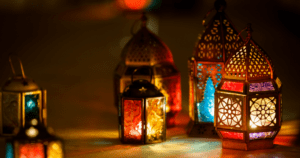
How can you support your Muslim colleagues during Ramadan?
Be considerate when scheduling meetings and other events during Ramadan.
Try to schedule meetings in the morning to early afternoon when many Muslims still have energy from the dawn meal (suhoor) and preferably not a restaurant. By midday to late afternoon, energy levels tend to dip. If you need to schedule meetings in the afternoon or early evening, try to keep them short and to the point so your colleagues can prepare to break the fast at sunset.
Don’t feel guilty about eating or drinking in front of Muslims.
A big part of the Ramadan fast is abstaining from food, drink, and water during daylight hours. Observing Muslims know this and are prepared to do exactly that. Intentions are made each day to adhere to the fast despite urges to do otherwise.
Consider sponsoring an iftar or share your meal with fasting Muslims.
There’s ample opportunity for non-Muslims to support in solidarity with Muslims beyond joining them in the fast. Invite them to iftar (breakfast) or dinner at your place. You can bring a dish over for a neighbor who has children, so they don’t have to cook. Consider providing food or clothes for the needy or vulnerable.
Join the Ramadan spirit of charity.
Charity is one of the principles upon which Islam is founded and doing so is encouraged all year round. Ramadan is a particularly important period for charity because the essence of Ramadan involves recognizing the blessings one has and showing gratitude by supporting those who are in need or have less.
RESOURCES:
Below are a number of links and resources to learn more about Ramadan, understand its history, and information on how to get involved with Muslim charities.
- RAMADAN INFO SHEET
- CENTER FOR SPIRITUAL LIFE
- 7 EASY & SIMPLE WAYS TO SUPPORT MUSLIM FRIENDS IN RAMADAN
- ISLAM: HISTORY.COM
- MUSLIM AID
